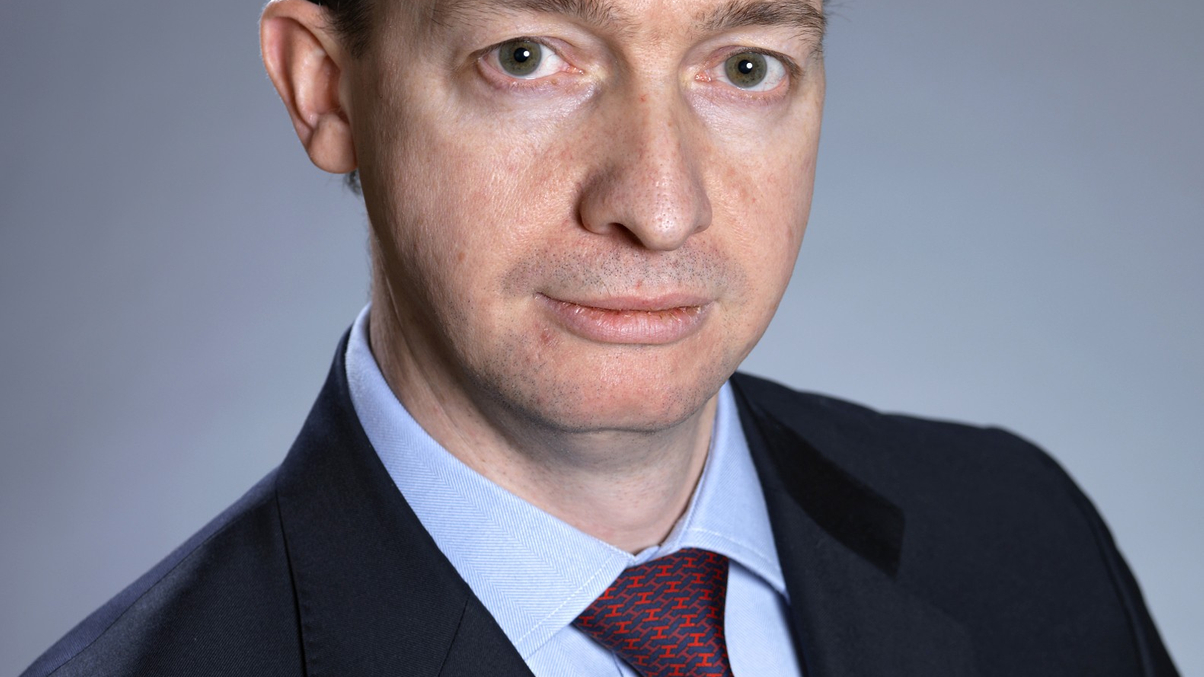Global CIO Wells warns of CDS blow-up, inflation risks
Andrew Wells of FIL Investments International discusses a potential blow-up in Europe’s CDS market and argues that investors are losing sight of inflation.

Fixed income is the right asset class to be in, but investors should be more focused on preparing for inflation, argues Andrew Wells, global CIO for FIL Investments International.
Sign in to read on!
Registered users get 2 free articles in 30 days.
Subscribers have full unlimited access to AsianInvestor
Not signed up? New users get 2 free articles per month, plus a 7-day unlimited free trial.
¬ Haymarket Media Limited. All rights reserved.


